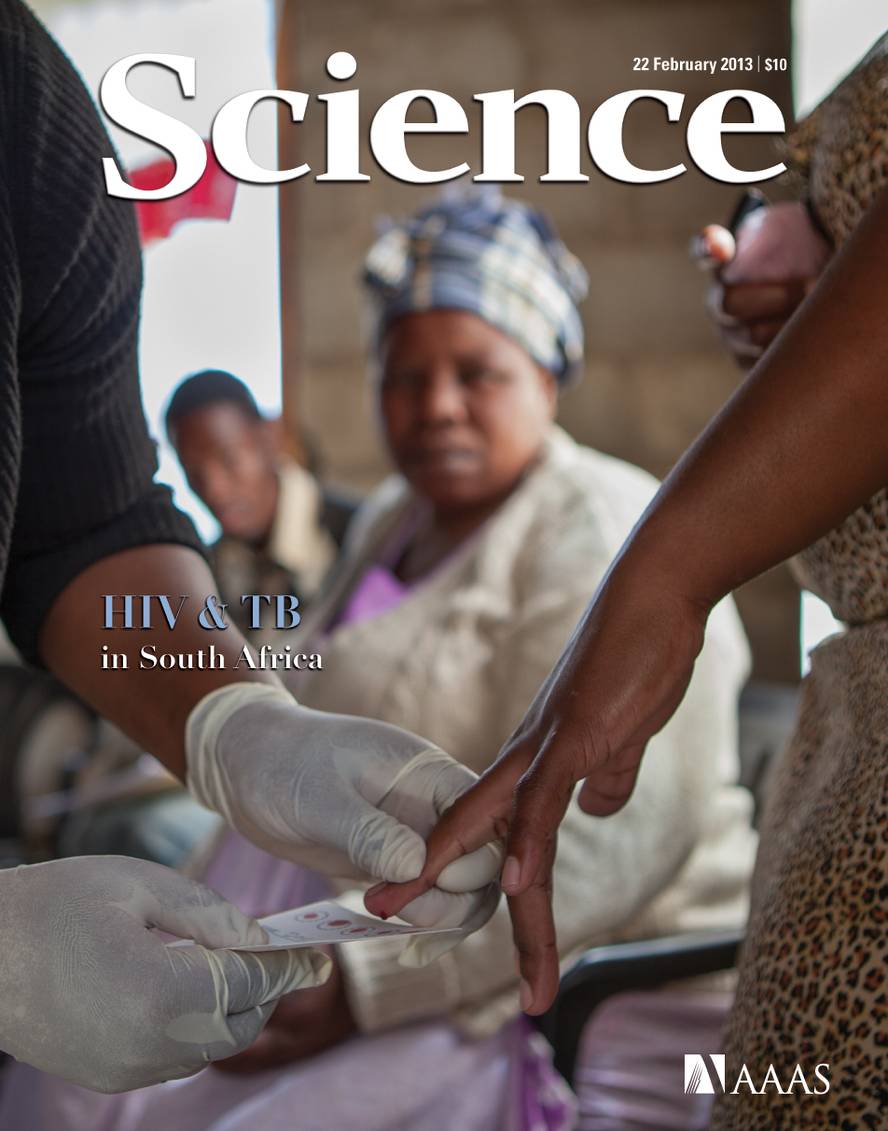ARVs increase life expectancy and reduce pollution in South Africa
KawaZulu-Natal is one of the poorest areas of Southeast Africa. There, the prevalence of AIDS is very high, 29% of adults are hiv-positive and the percentage is much higher among people aged 30 to 49 years: Nearly half of women aged 30 to 49 are hiv-positive and one-third of men aged 35 to 49.
In 2003, the Department of Health launched a programme to disseminate treatment based on antiretrovirals, in which researchers measured the consequences of the programme on life expectancy and the extent of the disease (number of infections).
In their first study they recalled that, while life expectancy was elongating in most parts of the world, AIDS caused the reverse in Southeast Africa since the last years of the 1980s. XXI. At the beginning of the 20th century the situation persisted and was especially serious in KawaZulu-Natal: Between 2000 and 2003, adult life expectancy rose from 55.4 to 51.3 in women and from 49 to 46.9 in men.
Researchers have shown that from the beginning of the program until 2011 life expectancy has elongated in 9 years in men and 11 in women. At the same time, depression, drug use and suicides have declined. The researchers have also analyzed the economic aspect and concluded that the program is very beneficial, since the benefits are much greater than expenses, which are 26 times higher.
The second research focuses on the extent of the disease and states that antiretrovirals have significantly reduced cases of contamination. The result is significant, since sex outside the official partner is the usual in the area and thought that reducing pollution in this type of place was much more difficult. However, ARVs are believed to have reduced the risk of AIDS transmission by 38%.
The investigations began in 2001 and ended in 2011, with a participation of 101,000 people. In addition to KwaZulu Natal University, Harvard and London universities have participated in both research.





